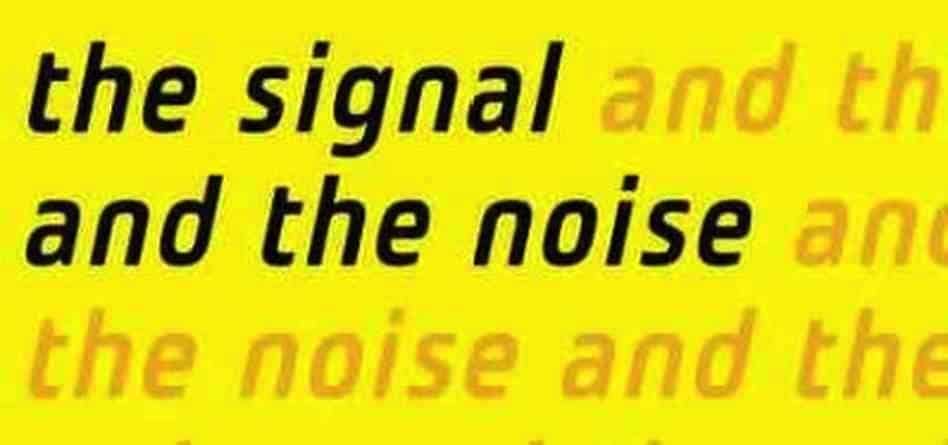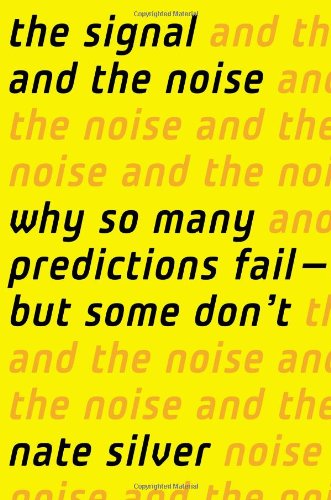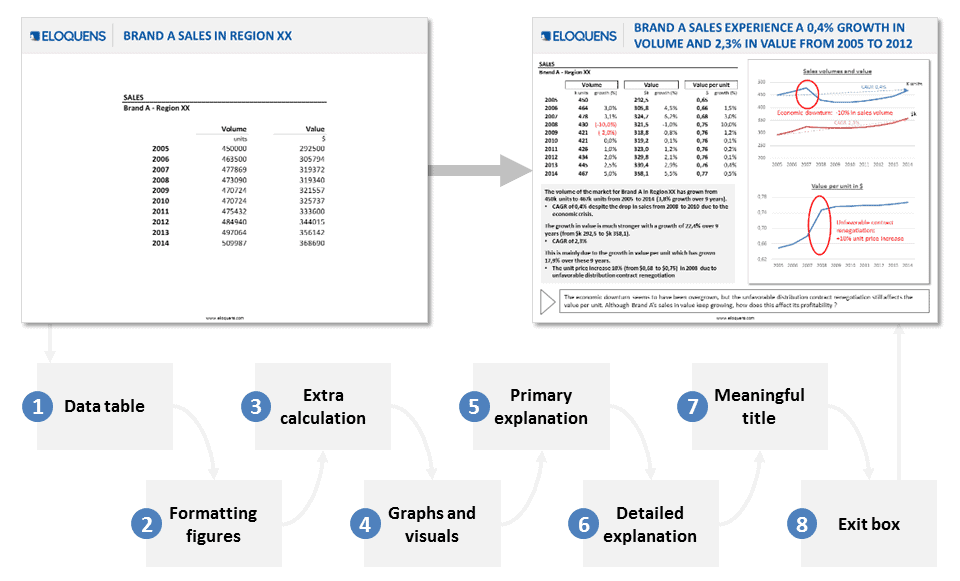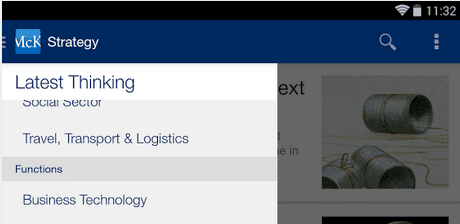The Signal and the Noise
 Nate Silver, a product of the University of Chicago and the London School of Economics, has written an essential book for anyone whose job or livelihood involves an element of strategic calculation.
Nate Silver, a product of the University of Chicago and the London School of Economics, has written an essential book for anyone whose job or livelihood involves an element of strategic calculation.
The Signal and the Noise is part of a wider genre of ‘Uncertainty Literature’ which has emerged in this Post-2009 world. Academics and writers are coming out of the woodwork with books explaining why our previously unshakeable assumptions might not just be wrong, but dangerous.
Nate Silver’s book deals with our mistaken beliefs about statistics, and about the things we can predict and the ones we cannot. As the creator of PECOTA the revolutionary baseball prediction algorithm and the correct predictor of two successive US elections (getting only one state wrong over both elections), Silver is a man worth listening to.
If you were going to remember just one thing from ‘the Signal and the Noise’, it would be that we should be very careful when using statistics to reinforce our position, particularly when assumptions have been too lazily adopted due to herd behaviour. The book teems with analysis of our mistaken assumptions, with examples taken from poker, chess to earthquake science. It is a fantastic reminder of our human fallibility.
He also has some very useful advice about strategy in the face of uncertainty. He uses his experience as a professional poker player to furnish the book with examples of how to make strategic decisions without complete information. The key recommendation is to make decisions based on probabilistic expectations. Silver talks about the danger of ad hoc strategy creation. For example:
“You might have a six-month rollout plan for a new product, but if you’re not getting good feedback, you pull it after two months–and maybe it needed the full six months to mature. Maybe you could be in denial about something where you have a plan and you stick to it no matter what. So it’s a question of determining what are the signs and signals in setting up those rules in advance and abiding by them later on when you get different types of feedback.”
Another great tip is to remember humility. When conducting analysis it is particularly important to remember your own biases. Everyone has biases, and ideological preconceptions which provide a distinct lens on the world. If you are aware of your biases you have at least a fighting chance of being able to mitigate them.
Whatever aspect of strategy is relevent to your job there is sure to be something in this book for you. Furthermore it will help you to take the temperature of the prevailing cultural zeitgeist, and giv you a window on the intellectual and academic currents of our times.










Leave a Reply
Want to join the discussion?Feel free to contribute!